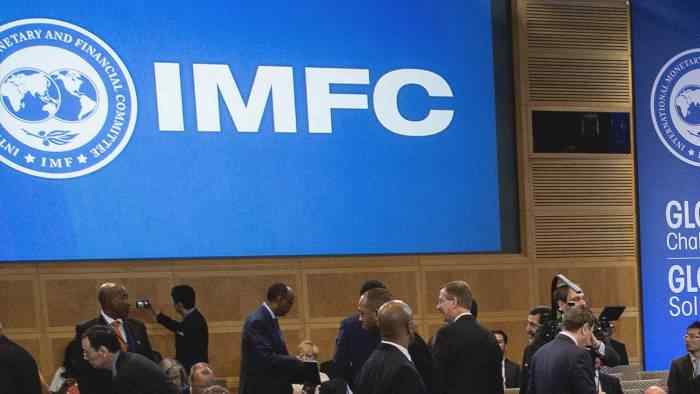IMF Official Explores How Central Banks Can Compete Against Cryptocurrency Adoption
Jun 06, 2018, 12:45pm
IMF official, Dong He, published an article exploring the impact cryptocurrencies may have on the world’s fiat currency markets.
Dong He, Deputy Director of the International Monetary Fund’s Monetary and Capital Markets Department has published an article exploring the impact cryptocurrencies may have on the world’s fiat currency markets. The article suggests central banks create new, more advanced fiat currencies and monetary policies to combat future competition from decentralized digital assets.
“To fend off potential competitive pressure from crypto assets, central banks must continue to carry out effective monetary policies. They can also learn from the properties of crypto assets and the underlying technology and make fiat currencies more attractive for the digital age.”
Dong He also recognizes the unique advantages provided by digital currencies, and believes that these advantages could find a permanent place in the developing digital economy.
“As a medium of exchange, crypto assets have certain advantages. […] These properties make crypto assets especially attractive for micro payments in the new sharing and service-based digital economy”
Dong He’s warnings pivot on one central idea. That is, if cryptocurrencies were to undermine the central banks’ monopoly on the money supply, the financial institutions would no longer be able to influence interest rates, effectively removing the economic buffer currently provided by global monetary policies.
“If central bank money no longer defines the unit of account for most economic activities—and if those units of account are instead provided by crypto assets—then the central bank’s monetary policy becomes irrelevant.”
This most recent article may appear as anti-crypto. When viewed from a higher vantage point, however, the International Monetary Fund’s (IMF) public stance on crypto is even-tempered and inclusive. In early May, the IMF’s 2018 Global Financial Stability Report dedicated an entire chapter to cryptocurrencies, in which the organization stated that “cryptocurrencies do not appear to pose risks to global financial stability” due to the relatively small size of the crypto market. Additionally, the IMF’s CEO, Christine Lagarde, has been publicly supportive of blockchain technology, recognizing the benefits of the technology that could help support our currency monetary ecosystem. Two days ago, the IMF even tweeted this video, which goes so far as to say that cryptocurrency technology could be the “next step in the evolution of money”. When seen side by side, Dong He’s article and the IMF in general seem to be putting forth a common theme which is not anti-crypto. Instead, it seems to promote a future for crypto technology that aims to combine the benefits of blockchain with the intrinsic stability provided by trusted intermediaries.





